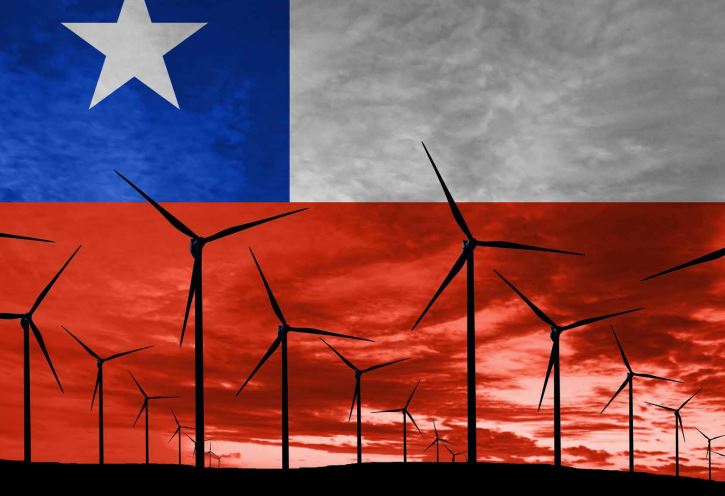The renewable energy sector in Chile continued to feel market disruptions in 2023 forcing many financial reorganizations and restructurings throughout the year.
Yet, while many developers and projects suffer through much of the same issues, the market keeps powering through, actively questing for solutions in the fast-growing sector.
Due to the speed in which renewables projects are being built the sector has had to reckon with transmission bottlenecks and energy curtailment, marginal costs drawn to nil, and price decoupling in the spot market across the country in recent years – issues that in 2023 have sent even the biggest players into restructurings and even bankruptcy.
Generation companies with power purchase agreements (PPAs) with local distribution companies (DisCos) have been particularly exposed to those risks, making it hard to fulfill their contract obligations.
In 2022, Spanish developer Solarpack’s subsidiary Maria Elena which owns and operates the 123MW Granja Solar project was among the first to declare itself unable to follow through with its 20-year supply agreements with DisCos mid-year. The asset was financed with a $91 million loan from KfW IPEX-Bank who forced the developer into bankruptcy in April 2023 after Maria Elena failed to service its debt on time.
“The bigger issue these past few years has been the Disco PPAs awarded as part of international public tenders. You have good underlying assets, but with these PPAs it has been hard for some to actually make money,” said Juan Carlos Valdivieso, partner at Morales & Besa in Chile.
In a more fortunate turn of events, Mainstream Renewable Power completed a $1 billion restructuring process for its Andes Renovables platform that still saw the company weather lawsuits across jurisdictions for months.
“We have seen some change in attitude from the regulators, as they realized that they needed to give some degree of flexibility to the companies to either terminate or push back the dates of those contracts,” said Valdivieso, who worked on some of the reorganizations, including on the Mainstream Renewable Power restructuring advising senior lenders on the deal.
The company began negotiations with project finance lenders in March 2023 but entered troubled waters with its mezzanine lender consisting of funds managed by affiliates of Ares Management later that year after the fund manager claimed that the company engaged in “illegal theft of value” in the restructuring process.
By November however, the Irish developer’s Huemul and Condor asset portfolios both saw their debt successfully renegotiated, roughly $500 million for each portfolio. Terms renegotiated included deferral periods for interest and principal payments in addition to other concessions.
Ares Management also acquired a 10% equity stake in the renewable platform in the process and the developer landed an up to $220 million financing facility at the corporate level from DNB.
“Big players such as Mainstream and large banks have been able to reach agreements so there’s proof that there is room for getting these deals fixed. Sponsors and lenders alike have taken cooperative actions in order to get issues solved because the underlying assets are good quality assets with solid offtakers,” Daniel Parodi, director of the banking & finance department at Philippi Prietocarrizosa Ferrero DU & Uría (PPU).
In late 2023, Chile’s Latin America Power (LAP) filed for Chapter 11 in the US on common accord with its creditors in order to restructure more than $430 million of debt, a process the company is expecting to wrap up by the first quarter of 2024. The developer owns the 193MW San Juan wind project, operational since March 2017, and the 46MW Totoral wind project which has been operating since 2010.
Mainstream and LAP are not isolated cases. Several large utilities including Ibereolica and EDF Renewables continue to express concern for their Chilean assets if changes in regulation are not made, while other smaller private restructurings of individual assets occurred in 2023, sources said.
The wave of restructurings has not made lenders feel any more at ease, especially as the project financing market continues to deal with unusually high interest rates, but optimism remains.
While new amendments to the legislation have yet to be completely approved, energy storage has proven to be an efficient temporary solution, so much so that lenders will not finance a new project without battery storage in certain parts of the country.
“A year ago when we started talking about what was going to happen with the developers that were facing issues regarding pricing, everybody was talking about a full scale catastrophe,” said Parodi. “The market has proven to be a lot more resilient than what some people had envisioned before.”
Market conditions could send assets into restructuring again this year, but as changes to regulation are made and solutions sought out, better outcomes for the renewable sector might also be in store for 2024.








